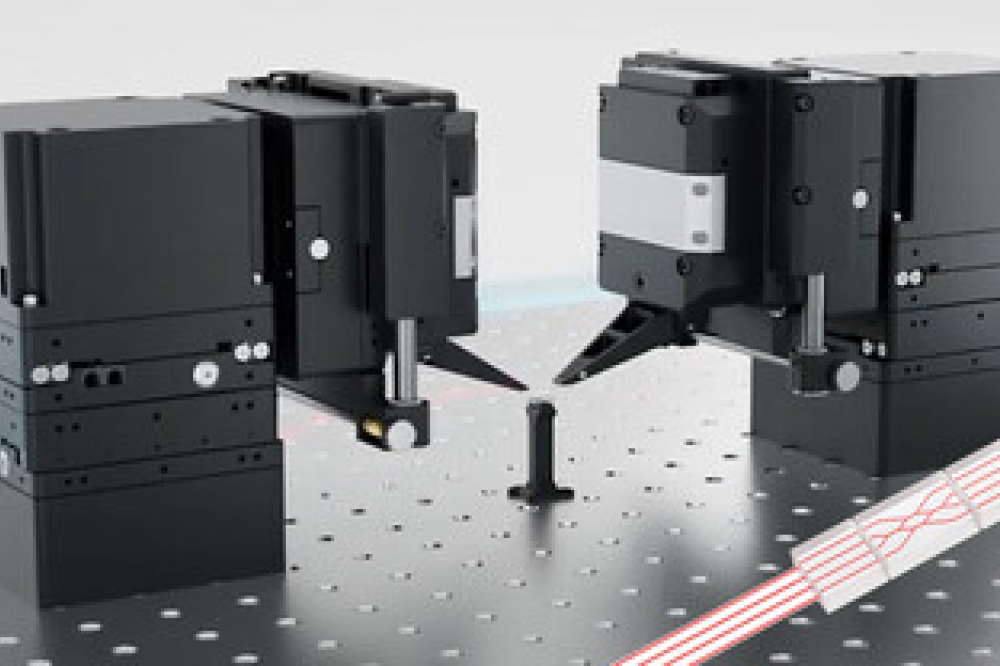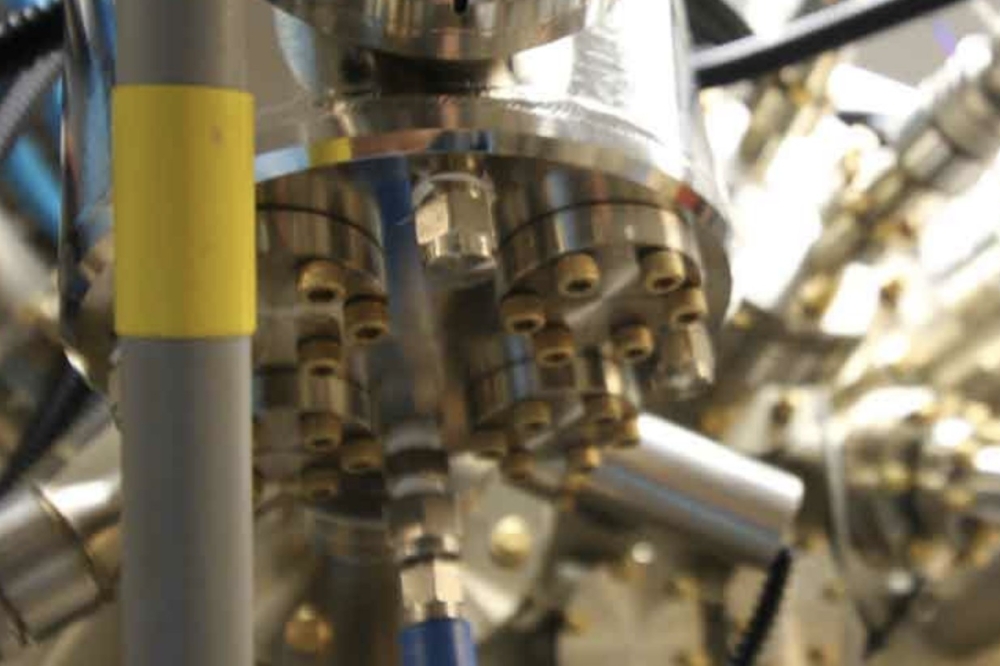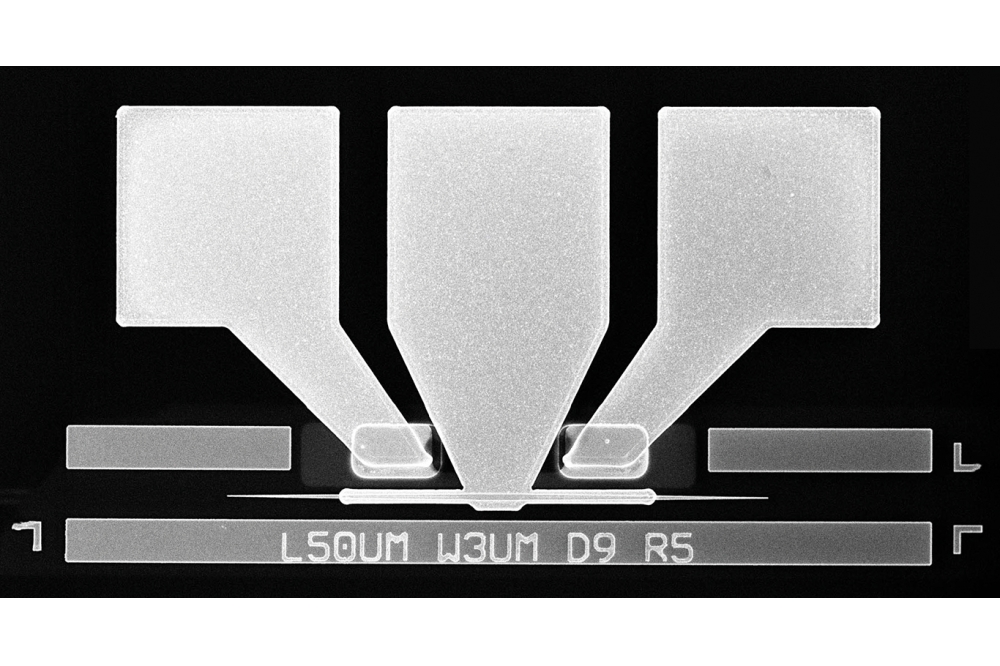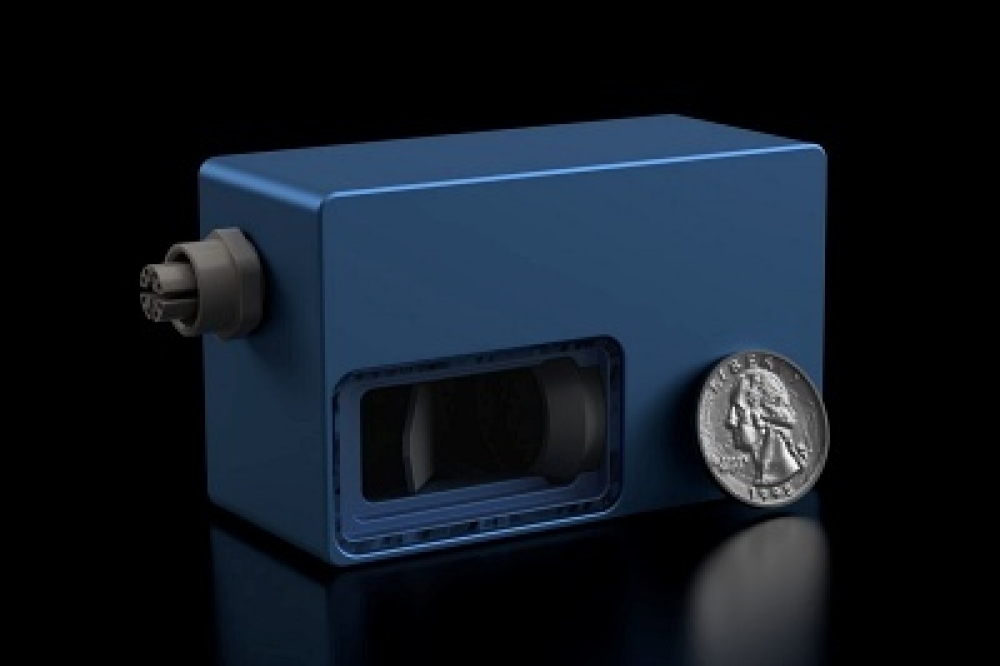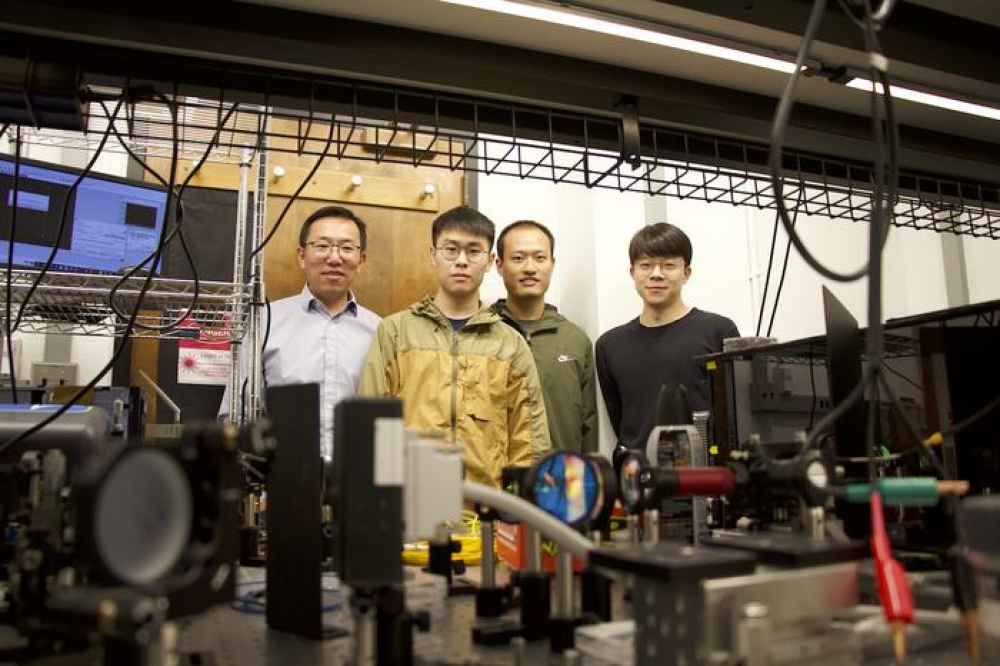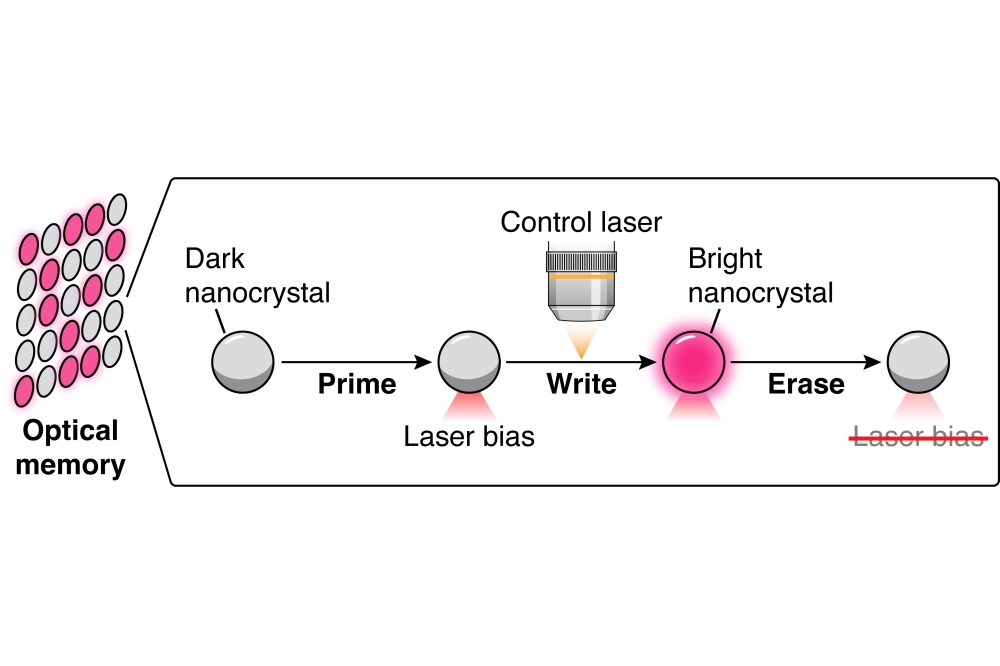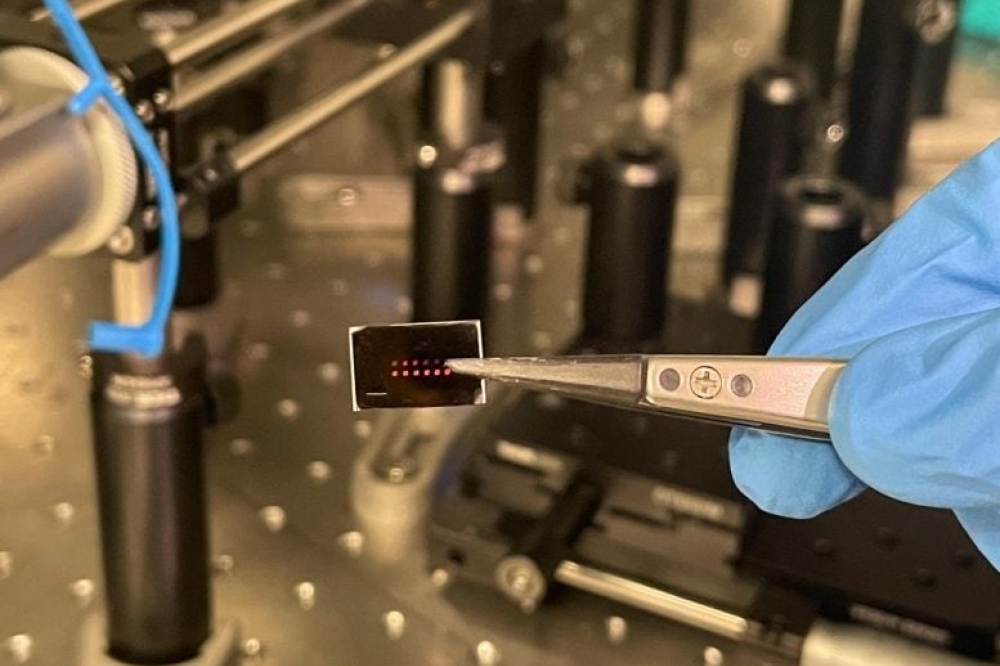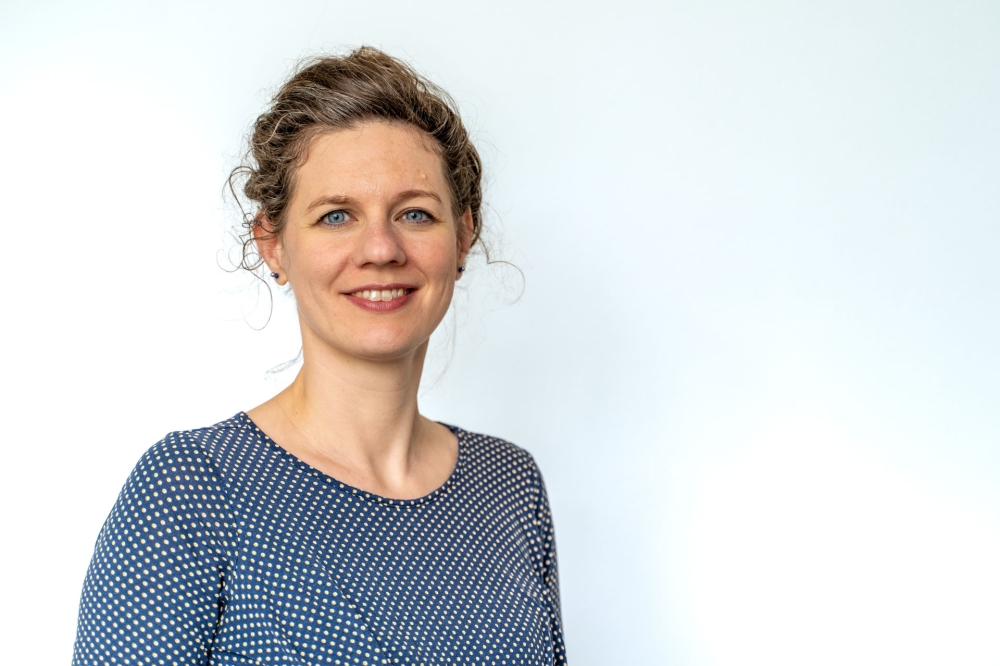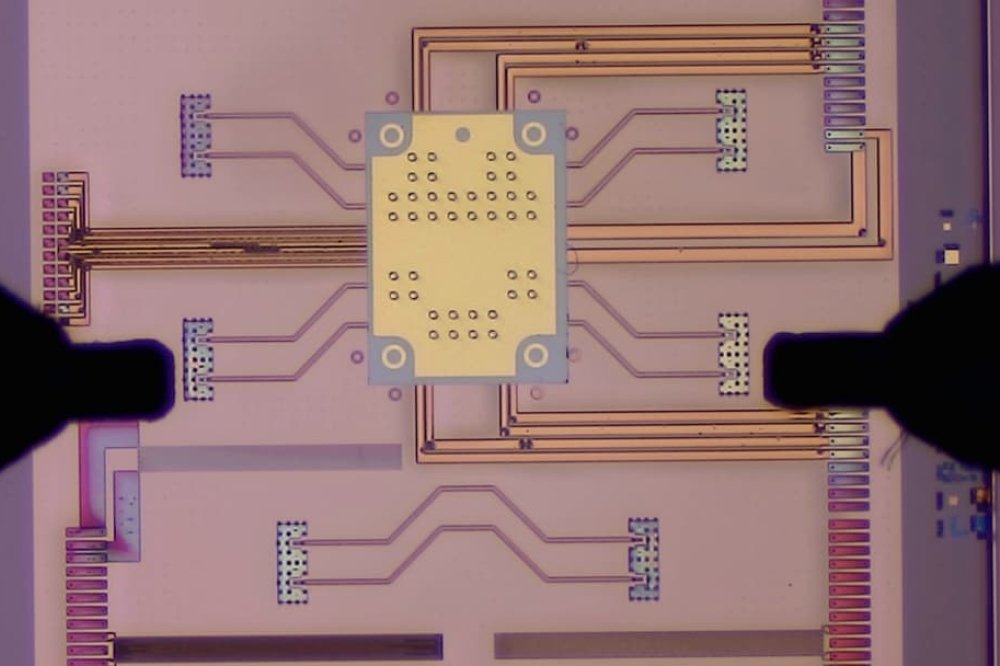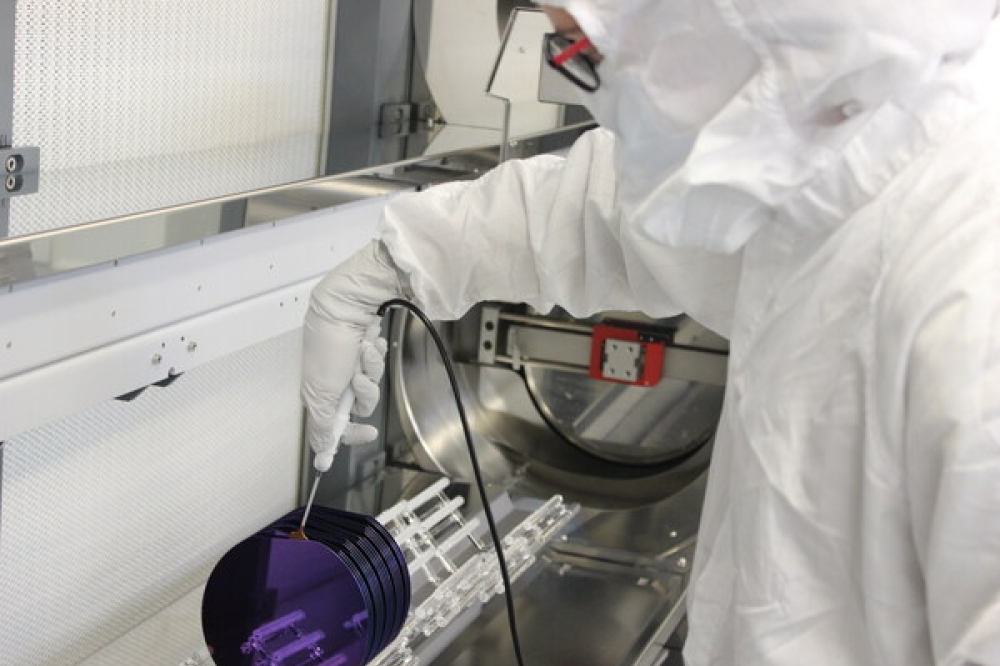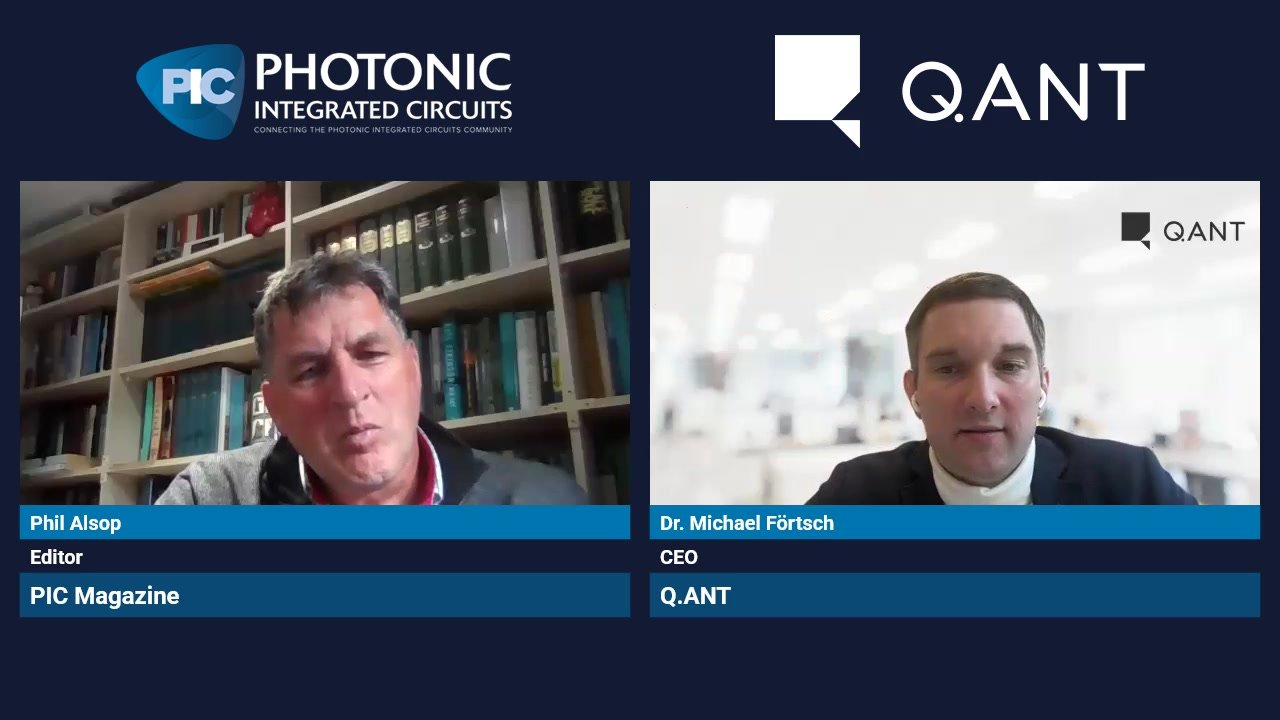UK completes flight trials of quantum navigation technology

A consortium led by quantum information company Infleqtion says that these trials are an important milestone in the development of quantum navigation systems, which can reduce reliance on satellite navigation systems. The company, which has recently made two silicon photonics acquisitions, is looking at incorporating PICs in its future systems.
Quantum information company Infleqtion has announced that the UK has successfully completed commercial flight trials of its quantum-based navigation systems, which it says cannot be jammed or spoofed by hostile actors. The company says this development is the first achievement of its kind.
While GPS jamming is currently relatively rare and does not directly impact an aircraft’s flight path, new quantum-based Positioning, Navigation, and Timing (PNT) systems could, over time, offer one part of a larger solution to providing highly accurate and resilient navigation that complements current satellite systems – which could help ensure that the thousands of flights that take place around the world daily proceed without disruption.
In collaboration with aerospace companies BAE Systems and QinetiQ, Infleqtion reports that it completed the trials at MoD Boscombe Down in Wiltshire. According to the company, these tests are the first time that this sort of technology has been tested in the UK on an aircraft in flight, and the first such flights worldwide have been publicly acknowledged.
The project has received backing of nearly £8 million from the government. This funding, together with the £2.5 billion National Quantum Strategy and the National Quantum Technologies Programme, aims to cement the UK's position as a leading quantum-enabled economy.
In a series of test flights, the team led by Infleqtion says it has demonstrated two groundbreaking quantum technologies: the compact Tiqker optical atomic clock and a tightly confined ultra-cold-atom-based quantum system, both aboard QinetiQ's RJ100 Airborne Technology Demonstrator, a modified aircraft.
The technology being tested on the flight is intended to form part of a Quantum Inertial Navigation System (Q-INS), which has the potential to revolutionise PNT, with the system offering exceptional accuracy and resilience, independent of traditional satellite navigation using GPS.
PNT helps us know our location, navigate, and keep track of time. The cornerstone of modern PNT technology is precision clocks. These ultra-accurate timekeepers are crucial for various applications, and portable production of ultracold atoms is another key piece of the puzzle. Ultracold atoms – atoms that have been cooled to temperatures near absolute zero (the coldest possible temperature) – are ideal for building quantum accelerometers and gyroscopes, which form the heart of a Q-INS.
Additionally, Infleqtion, which announced its acquisition of two silicon photonics companies in January, is exploring the use of integrated photonics as it develops its navigation systems further. "PICs are a key part of the roadmap for this technology,” said Infleqtion UK president, Timothy Ballance. “We are looking at future work with our partners to incorporate PICs into these systems.”
The test is part of a project funded by UK Research and Innovation (UKRI) specifically focusing on creating quantum sensors to address the UK's heavy reliance on GNSS/GPS for location, navigation, and timing data. This dependence creates a vulnerability, as a single point of failure (like jamming or spoofing GPS signals) could disrupt critical economic, defence, and strategic activities.
“From passenger flights to shipping, we all depend on navigation systems that are accurate, safe and secure,” said science minister Andrew Griffith. “The scientific research we are supporting here could well provide the resilience to protect our interests. The fact that this technology has flown for the first time in British skies is further proof of the UK as one of the world leaders on quantum.”
The consortium working alongside Infleqtion includes Fraunhofer Centre for Applied Photonics, Alter Technology UK, Caledonian Photonics, Redwave Labs, PA Consulting, BAE Systems, and QinetiQ.
Image credit: QinetiQ



